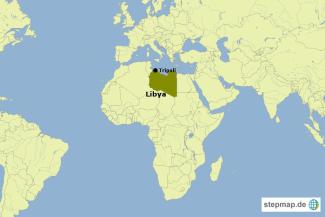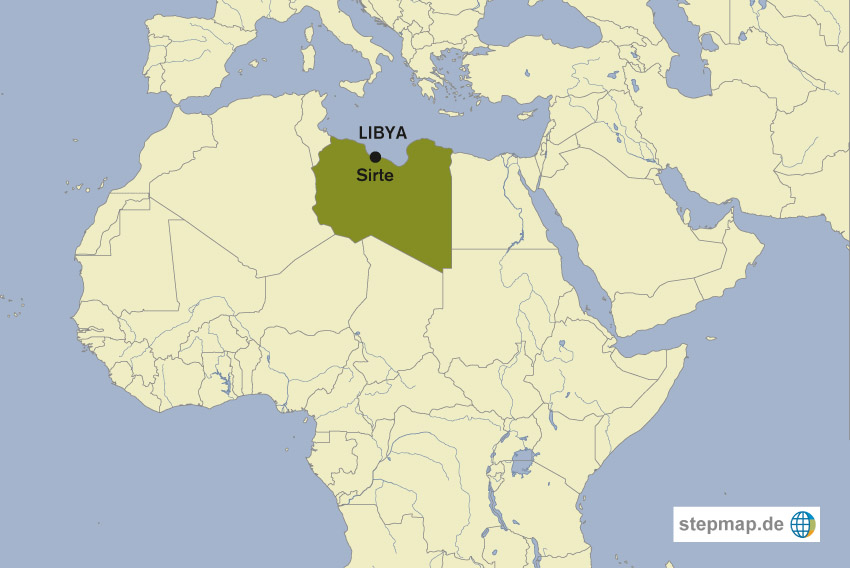Public finance
No more cheap bread

Now the economic situation has changed greatly. Oil prices have fallen dramatically on the world market, and oil exports have gone down because of ongoing armed conflict. Libya is now heading for a financial deficit.
The Audit Bureau of Libya’s latest report was shocking. Unbelievable amounts of government revenues were spent on fuel and food subsidies. From 2011 to 2014, almost $ 18 billion were used to subsidise petrol and diesel prices, and almost $ 7 billion were spent on basic food. The Audit Bureau pointed out widespread corruption linked to subsidies. For instance, subsidised items are smuggled to Tunisia and Egypt. The huge budget deficit, however, means that the government can no longer afford the subsidies.
“The most important thing for me is that petrol prices continue to be subsidised," says Abdulah Shareh, who makes a living by distributing bottled water to shops with his car. “I have five children, and they are still in school. If the price of petrol rises, that will affect my income negatively."
Housewife Raghia lives in Tripoli, the capital. She is worried about the end of governmental price support for essential staples. “We are a big family. It is really hard for me to buy pasta, rice and sugar from the private sellers – they charge almost 50 % more than the government shops do,” she complains.
Basem Magheni from the Governmental Board of Subsidies confirms that rates of petrol will be supported at least during this year, but essential staples are almost gone from the government stores. The financial deficit has made fresh imports impossible, such as flour for the government bakeries. Bread prices have already doubled in Tripoli.
Now a new government of national unity is about to be formed. It will present surprises regarding politicians and policies. However, it does not look as if it could continue paying fuel and food subsidies.
Moutaz Ali is a journalist and lives in Tripoli, Libya.
ali.moutaz77@gmail.com









